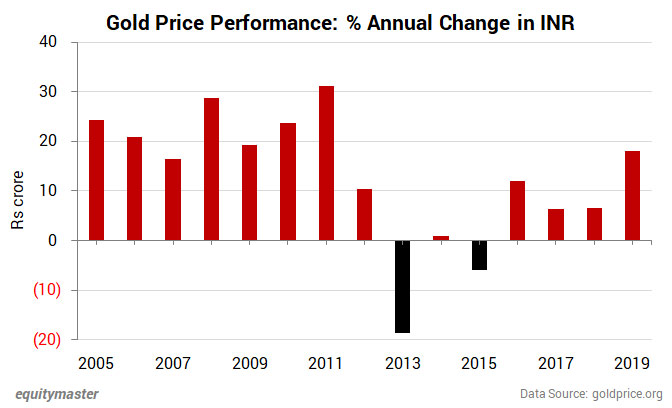Sensex Trades On A Volatile Note, Dow Futures Down By 10 Points
Share markets in India are presently trading on a volatile note.
The BSE Sensex is trading up by 2 points, flat at 47,708 levels.
Meanwhile, the NSE Nifty is trading up by 7 points.
Tata Steel and Wipro are among the top gainers today. Shree Cement and Titan are among the top losers today.
The BSE Mid Cap index is trading down by 1%.
The BSE Small Cap index is trading up by 0.5%.
On the sectoral front, stocks from the metal sector, are witnessing most of the buying interest.
On the other hand, stocks from the consumer durables sector and FMCG sector, are witnessing most of the selling pressure.
US stock futures are trading mixed today.
Nasdaq Futures are trading flat while Dow Futures are trading down by 10 points (flat)
The rupee is trading at 74.96 against the US$.
Gold prices are trading down 0.6% at Rs 47,944 per 10 grams.
Gold prices edged lower today in Indian markets after the recent surge. On MCX, gold futures were down 0.1% to Rs 48,195 per 10 grams. In the previous session, gold had risen 0.7% to a two-month high of Rs 48,200.
Speaking of the precious yellow metal, how lucrative has gold been as a long-term investment in India?
The chart below shows the annual returns on gold over the last 15 years...

As you can see, barring just two years - 2013 and 2015, gold has delivered positive returns in 13 of the last 15 years.
The recent price volatility in the bullion market has rattled many traders. Even with the recent volatility in prices, gold remains among the best-performing commodities this year to combat the fallout from the coronavirus pandemic.
Moving on to stock-specific news...
Among the buzzing stocks, today is KEC International.
Global infrastructure major KEC International announced it has secured new orders worth Rs 12.5 billion across various business segments including Power Transmission & Distribution (T&D), Railways, Civil Construction, and Cables.
The company said it has secured orders for T&D projects worth Rs 6.3 billion in India, SAARC, Middle East, and the Americas. In the railways business, it said it has bagged orders worth Rs 4.5 billion while in the civil business it has secured orders worth Rs 1.1 billion for infrastructure work. New orders awarded in the cables business stood at Rs 630 million.
"With these orders, our total order inflow for FY21 stands at Rs 118.8 billion with a year-on-year (YoY) growth of 5% despite the challenging environment. Our railway order book continues to grow with orders in both conventional and new areas," Vimal Kejriwal, MD & CEO, KEC International said.
KEC International is India's second-largest manufacturer of electric power transmission towers and one of the largest Power Transmission Engineering, Procurement, and Construction companies in the world.
We will keep you posted on updates from this space. Stay tuned.
At the time of writing, shares of KEC International were trading down by 0.8% on the BSE.
In news from the macroeconomic space...
Lower Oxygen Supplies to Temporarily Impact Five Sectors
With demand for medical oxygen soaring, the central government has barred industrial use (except by nine sectors) from April 22, 2021. Demand for medical oxygen is estimated to have rocketed five-fold in the second week of April versus pre-pandemic levels as Covid-19 infections took off, Crisil said on Wednesday, April 21, 2021.
The consequent higher supply of medical oxygen will save lives, but will have a bearing on some sectors, the rating agency said.
The disruption in the supply of oxygen for industrial use would temporarily impact the revenues of small and mid-sized companies into metal fabrication, automotive components, shipbreaking, paper, and engineering.
These typically do not have captive oxygen plants and source their requirement through merchant suppliers for operations such as welding, cutting, cleaning, and chemical processes.
Setting up an air-separation plant or importing oxygen requires significant lead time and involves relatively prohibitive cost, so is not a viable option. That leaves them more vulnerable compared with larger peers.
Oxygen is consumed by the industry in two ways - onsite, and merchant sales. Onsite is through captive plants for process-driven industries (including the nine sectors exempted by the government), which account for 75-80% of oxygen manufactured in India.
The balance of 20-25% is supplied through merchant sales (called liquid oxygen) through cryogenic tanks and cylinders. The healthcare sector consumes 10% of merchant sales, and others the rest.
Disclosure: Equitymaster Agora Research Private Limited (Research Analyst) bearing Registration No. INH000000537 (hereinafter referred as 'Equitymaster') is an independent equity research ...
more


